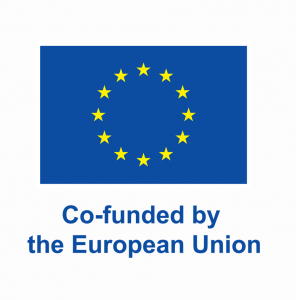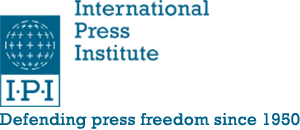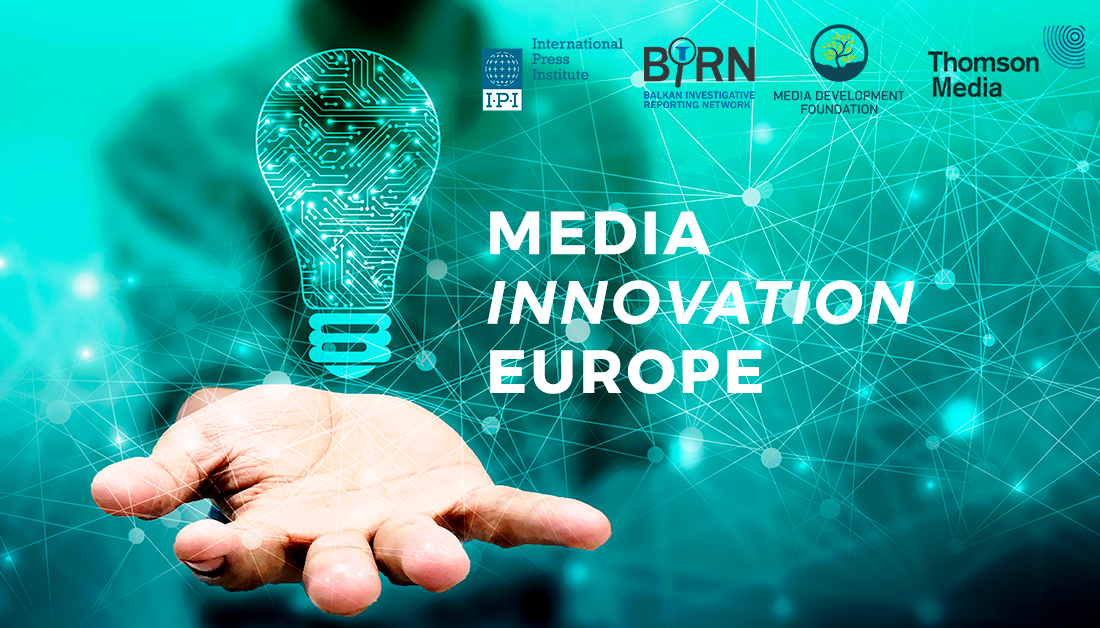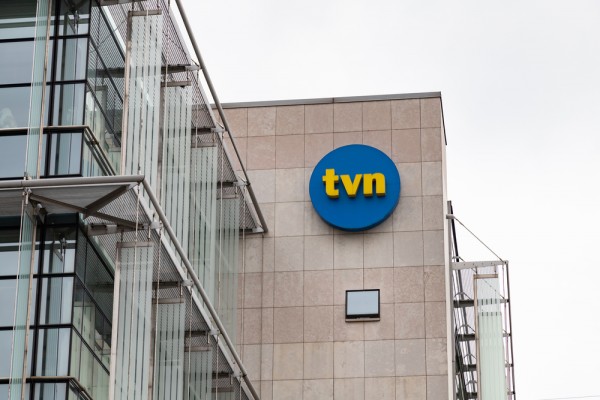Introducing Media Innovation Europe, an ambitious initiative to energize the European ecosystem for independent and local journalism
- The programme is run by the International Press Institute, Thomson Foundation, the Media Development Foundation and the Balkan Investigative Reporting Network
- It is open to news outlets in more than 35 countries in Europe, including EU member states, the Western Balkans, Moldova and Ukraine
- Support to media startups and established media in transition through accelerators and incubator programmes
- Grants of up to €20,000 plus intensive cohort and one-on-one immersive training, mentoring and hackathons
- Access to industry leaders to help guide new journalism ideas, navigate new technology and adapt business models by deepening engagement with target audiences
- Transition Accelerator, Deep-Dive Business Consultancies and Audience-Engaged Journalism Grant Scheme will launch their call for proposals in August 2022
From business consultancies and incubators to hackathons and accelerators, independent media outlets across Europe stand to benefit from a suite of opportunities offered under a bold new initiative designed to stimulate innovation, sustainable business models and collaboration.
Sign up for your Media Innovation Europe’s Newsletter here!
Launched on 1 June 2022, Media Innovation Europe: Energizing the European Media Ecosystem is a two-year programme spearheaded by the IPI Global Network of editors, journalists, and media builders together with three non-profits committed to helping news organizations provide audiences with the independent journalism they need.
Led by the Vienna-based International Press Institute (IPI), the consortium brings together the Berlin-based Thomson Foundation, the Kyiv-based Media Development Foundation (MDF) and the Sarajevo-based Balkan Investigative Reporting Network (BIRN).
Together, they seek to empower media outlets as they navigate the digital transition, giving them the tools to align their journalistic products, business structures and means of discovery and distribution in a way that is audience-focused and sustainable.
“Through IPI’s network and our collaborating partners, Media Innovation Europe will transform media across the continent,” said Jacqui Park, IPI’s head of network strategy and innovation. “By mixing the global lessons of our network with the experimentations of some of the exciting new players and key innovators in traditional media, it’s a key step in our shared journey to the new European media ecosystem.”
Responding to challenges
Supported by the European Commission, the initiative will pool the strengths of the consortium partners in mobilizing networks, running granting and mentoring programmes and supporting media innovation. Each has a deep understanding of the needs and challenges of European media at a time of transition.
“Professional and independent media need support and guidance towards modalities of operation that are more financially resilient to their unfriendly environments. We aim to encourage media outlets to think out of box, to design and test new business ideas and introduce new revenue streams. This could be done through two-way audience engagement, diversification of content and formats, as well as through side-businesses that relate to the core mission of beneficiary media,“ Davor Marko, Thomson Foundation manager for South East Europe and Central Europe.
Media Innovation Europe aims to help news outlets overcome challenges ranging from broken business models and plummeting revenues to waning public trust, “state capture” of independent media and political pressures.
The programme recognises the impact of Russia’s war against Ukraine — not only in the immediate threats it poses to independent media in the country and region but also in the way the conflict aggravates pre-existing challenges.
“Being the most vulnerable to the fast-changing political and social environment, and by far the most challenged business sector, media often have to reserve their efforts for survival rather than development,” said Daryna Shevchenko, a member of the supervisory board of MDF, which will run “hackathons” as part of the programme.
“Annual hackathon competitions are designed to create a safe space for media professionals to slow down, strategise, form long-term, cross-industry partnerships and make a leap in growth that they wouldn’t make otherwise.”
By bringing together existing media and new players, the consortium believes partnerships created through Media Innovation Europe’s activities will contribute to a more innovative and sustainable ecosystem for European journalism.
Key activities
Media Innovation Europe will roll out a variety of activities to meet the needs of the industry.
A six-month Transition Accelerator programme run by IPI and Deep-Dive Business Consultancies run by Thomson Foundation will offer targeted support to news organizations that are vital to media plurality in their region but may be struggling to survive.
These initiatives will draw on the rich experience of industry leaders from across Europe.
In addition, a six-month Emergent Incubator run by IPI will guide the launch and growth of promising media start-ups.
Teams accepted into the Transition Accelerator will be eligible for grants of up to €20,000 while teams accepted into the Emergent Incubator will be eligible for grants of up to €15,000. Grants of up to €10,000 will be available for outlets engaged with the business consultancy.
A Journalism Mentorship Scheme will also be on offer via IPI, linking media practitioners with one another to cover topics such as news product, audience strategies and business models.
MDF’s annual hackathon competition will help participants come up with new ideas and solutions while offering opportunities for “radical collaboration” and exchange among media thinkers and builders from different backgrounds to help tackle journalism’s urgent challenges.
From each hackathon, three groups will get small grants to develop ideas and prototypes.
Meanwhile, BIRN will manage an audience-engaged journalism grant scheme to support innovative investigative journalism projects that embed audiences across the creative chain.
“In a time of crisis, people turn to local news outlets to understand what’s happening,” BIRN Regional Director Marija Ristic said.
“And this was seen during the global pandemic when trust in local media increased. So the idea behind this project is to build upon that and use the power of tech to reach out to our audience and create content and coverage meaningful to our communities, that will not just be ‘for them’, but ‘with them’.”
Participants of all the programmes will be selected by independent juries.
Networking opportunities
Media Innovation Europe is designed to take on a life of its own through its network. An annual summit will bring participants together and information hubs will distribute knowledge and best practices.
During the project and beyond, participants and other interested media entrepreneurs will have access to training tools and opportunities for exchanging ideas and building collaborations.
By sustaining a network of innovators, the initiative aims to be the first port of call for new and established media eager to challenge dated assumptions and transform Europe’s media landscape.
More details on each aspect of the project and the timing of calls for applications will follow shortly.
Press contacts:
IPI: Ryan Powell, [email protected]
Thomson Foundation: Davor Marko, [email protected]
MDF: Daryna Shevchenko, [email protected]
BIRN Network: Aida Ajanovic, [email protected]




